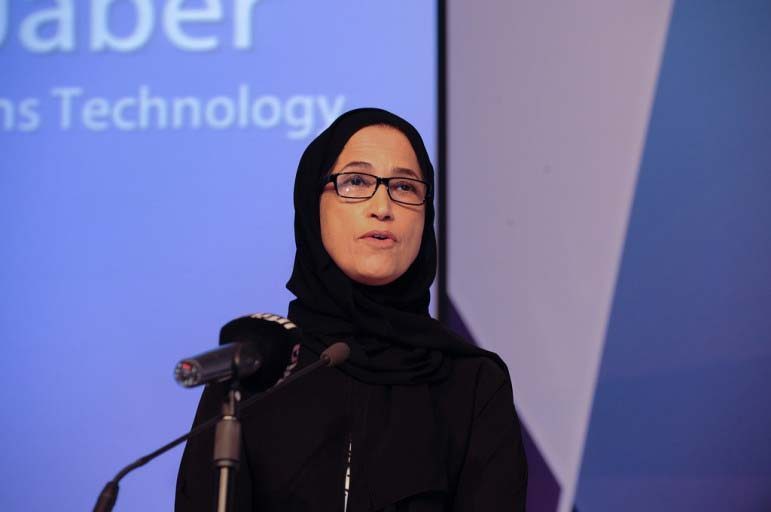
Qatar must secure its cyber space to protect it against an increasing number of complex attacks, the country’s Minister of Communication and Information Technology (ictQatar) has warned.
Dr. Hessa Al Jaber raised the issue of cyber security during an address to bankers and senior financial services experts from across Qatar in her opening speech at the Information Security for the Financial Sector Conference yesterday.
The two-day conference was organized by the Qatar Central Bank, with the aim of improving cyber security in the country, particularly in the banking and financial services sectors, which are the areas most vulnerable to attack.
Hackers have targeted Qatar in multiple attacks over the last two years, including one incident that shut down the corporate computer systems and website of RasGas, one of the world’s largest liquefied natural gas suppliers.
The Syrian Electronic Army, meanwhile, temporarily took down many high-profile Qatar websites and hacked Qatar Foundation last year. Qatar-based Al Jazeera has also been attacked in the past by cyber criminals.
Ministry’s mandate
In her speech, Al Jaber said that ictQatar has been working with the nation’s financial services sector to ensure a secure cyber environment for institutions and individuals.
“We are here to address one of the greatest global and strategic challenges of our time: how to sustain a safe environment for our citizens and businesses, while continuing to expand the benefits of the use of the cyber space,” she said.
She identified several new trends in cyber crime, including:
- The emergence of an increasing number of sophisticated attackers;
- Increasingly sophisticated attack methods and targets that involve large-scale identify theft, stealing of financial information, compromising trade secrets, perpetrating competitive espionage and even all-out cyber-warfare; and
- The explosion of computing devices and the blurring of the security perimeter – which she identified as being particularly important to security mangers in financial services.
She also highlighted financial services as being the sector of choice for cyber criminals and that the impact of cyber attacks now was devastating, resulting in loss of assets and wiping away years of growth and earned customer confidence.
Al Jaber said ictQatar has developed a National Cyber Security Strategy to deal with the issue. The main points include:
- Protecting the country’s critical infrastructure;
- Applying international standards for limiting cyber security threats;
- Encouraging the use of secure online services;
- Raising the capabilities in Qatar in terms of determining cyber threats and dealing with them; and
- Implementing a legal framework that guarantees a safe cyberspace.
However, she made no mention of the status of a controversial draft cyber crime law that has gained momentum among Qatar’s leaders. The Critical Infrastructure Information Protection Law was approved by the Cabinet in February.
The draft legislation, which has not been publicly released, is aimed at safeguarding the country’s technological infrastructure and beefing up cyber security within Qatar’s key industries.
But portions of it published last May sparked criticism from the Doha Centre for Media Freedom and the US-based Committee to Protect Journalists because it included provisions to punish anyone who publishes information that infringes on Qatar’s “social principles or values.”
The legislation is also designed to protect Qatar’s “vital industries,” which haven’t been formally defined, but are believed to include power grids, oil and gas production, financial transactions, healthcare and government operations.
Thoughts?